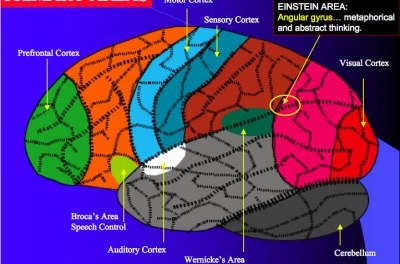As far back as I can remember (the ’70’s), we in the addictions field have never been blessed with a widely effective treatment for methamphetamine use disorders. In part, that will have been because like cocaine (and unlike alcohol and opioids), methamphetamine disorders don’t revolve around a clearly defined acute physical withdrawal syndrome. Other features of addiction — compulsive use, loss of control, continued use despite adverse consequences — are the primary identifiers.
That makes it a challenge to come up with a methadone-like substitute for meth. Something that would relieve craving and reduce the risk of relapse. It’s just possible, however, that a breakthrough is on the horizon.
That’s in the wake of completion of a 12-week trial involving a combination of injectable naltrexone and oral bupropion (you know it as Wellbutrin), both in extended-release form. Trials of the new protocol began in 2021 but were only fully complete this year. The results were, as they say, promising.
Here’s a brief summary from the original research.
Methamphetamine abuse is found all over the United States, but is most prevalent in California, Texas, Tennessee, Florida, New York, Ohio, and Pennsylvania, among others. My assumption would be that the meth is coming from the same sources as illegal opioids, and shares common supply and distribution lines.
First some good news from the trials: Meth use among subjects was found to have declined by a healthy 27% over the course of the trial — as evidenced by a reduced number of drug tests that came back positive for methamphetamine. I’d interpret that as the subjects may have continued to use meth, but their use was measurably less frequent than before.
That could have some harm reduction benefit, in terms of overdose risk, drug toxicity, and lifestyle dysfunction. The benefits apparently didn’t extend beyond the twelve week study period, however, suggesting that unless the drug combo loses effectiveness over time (as some have), it could have a future as a ‘maintenance’ medication for more severely addicted patients.
I’m curious as to whether the reductions in meth use could be expected to lead to eventual abstinence from illegal drugs, or at least from meth itself. That’s been the hope for other such treatments, and for the most part, it’s been unrealized.
Both naltrexone and bupropion are already widely used medications, so it’s possible the new protocol could be available soon.
As a physician friend likes to say, we can always use another tool in the toolbox. Just as long as we understand its limitations.













